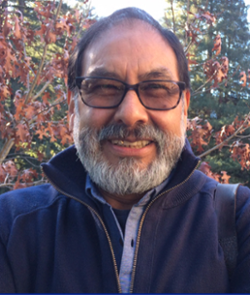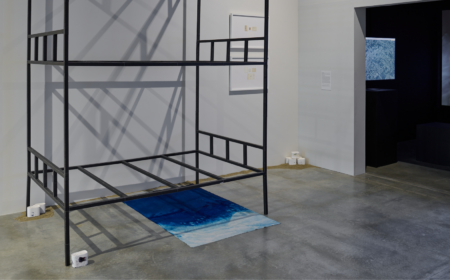Is an anthropologist, Quechua linguist, and cultural journalist. He taught in the Anthropology and LALS Departments. As a Latin Americanist his research focuses on Indigeneities and Andean biome relationalities with special attention to the anthropogenic detritus of extractivism in underground and surface mining (think e.g. of lithium, rare earths). His most recent article “Genomics, Indigeneity, Bio-Prospecting,” is in L. Lorusso and R.G. Winther, (Eds.) Remapping Race in a Global Context (2022)
By paying attention to Andean mining, which extends its horizon for more than five centuries, its layered anthropogenic stratigraphies reveal the inner workings of the world system(s) where “peripheral” regions of the world, as sites of dis/encounter and friction, are linked to a history of capital accumulation. In this way, wealth concentration in “core” areas parallels anthropogenic damage. As it is known, mining as systematic ore extractivism triggered the earliest forms of ecocides affecting humans, land, and water, upsetting, in consequence, biodiversity and biosphere. In these areas, humans, non-humans, other-than-humans, and more-than humans ‘kinships’, continue to inter and intra-act, to tell a story of both wandering death, resilience, regeneration. Chthonic spirits remind miners that nature is not inert.
Rather than thinking of the Andean area in isolation, relationalities articulate larger intersectionalities of multi-temporalities of the Andean and Amazon biomes. Quechua and Aymara Indigenous inhabitants of these environments think that such biomes cannot be understood without the other, they are codependent and alive. Both, at the same time, are influenced by the vastness of the Pacific and the Atlantic oceans. It is in high altitudes (mining communities can be found at 16.000 ft. asl) that receding snow lines, desertification, water scarcity, smog and clouds, continue to offer us undebatable proof and urgent warning of global warming. This is comparable to vulnerable Pacific islanders facing rising sea levels that could determine their demise by immersion.




